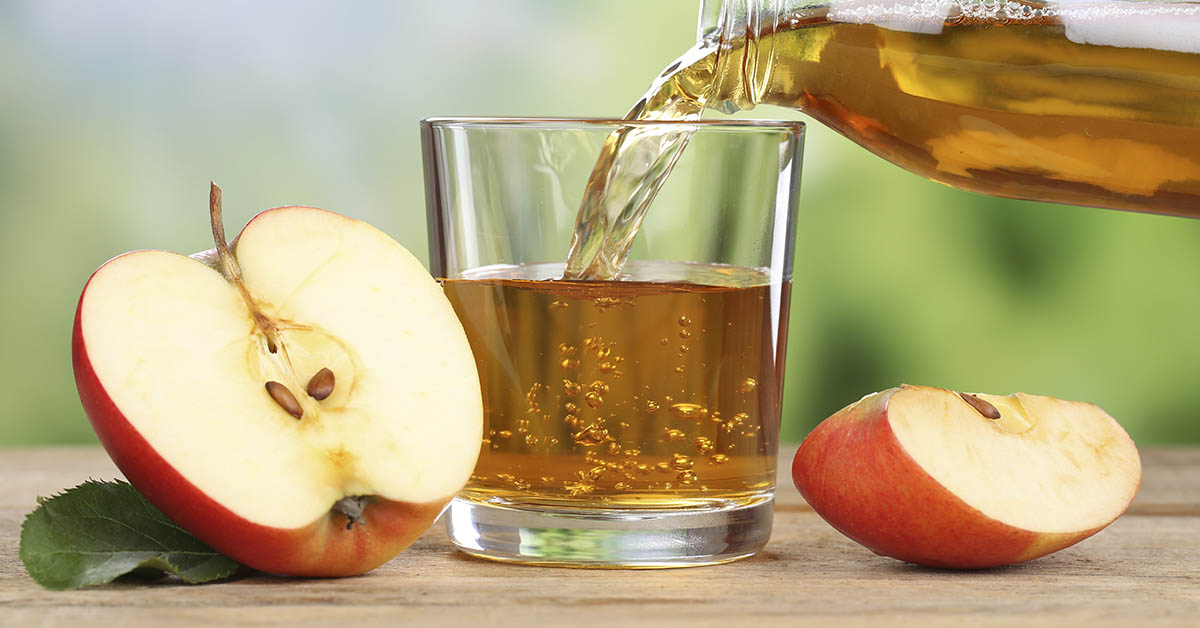The apple juice recall centers on juice from S. Martinelli & Company, pulled from shelves after lab testing revealed unsafe levels of patulin. This toxin, produced by mold on fruit, especially apples, can be dangerous when consumed in significant amounts.
Patulin is classified as a mycotoxin and is especially harmful to young children and those with weakened immune systems. Even though it’s naturally occurring, high concentrations can lead to nausea, vomiting, and immune suppression. Some studies suggest prolonged exposure could also damage gut health and overall immunity.
The affected product is a 10-ounce glass bottles, sold under the S. Martinelli & Company spans the U.S. and Canada, including major grocery chains and online retailers. Fortunately, no illnesses have been reported yet, but health officials have stressed the importance of discarding or returning the product right away.
If you’ve purchased apple juice recently, check the label immediately. Dispose of any suspect bottles or return them to the store for a full refund. Staying ahead of the apple juice recall could prevent a potentially harmful health event.
Glass Fragments Discovered in Bread Products
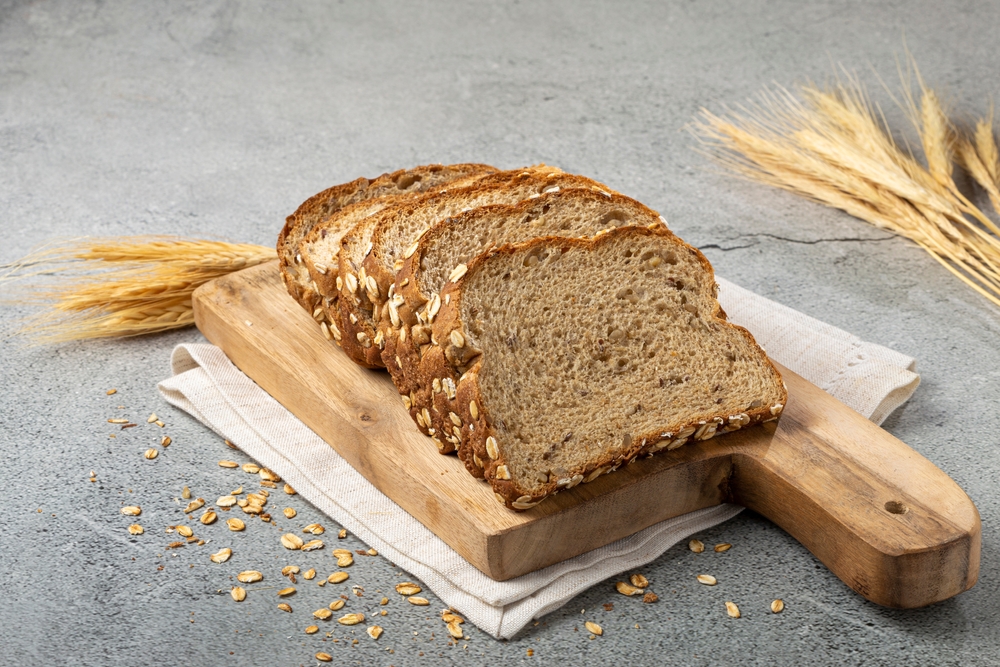
In a separate recall, bread produced by Upper Crust Bakery has been removed from shelves due to the possible presence of glass shards.
The bread included in the recall includes:
- Ancient Grains Hoagie roll in 4-ounce containers, recall number F-0741-2025 in lot #90
- Multigrain Sourdough in 18-ounce containers, recall number F-0742-2025 in lot #90
- Whole Grain Multigrain in 20-ounce containers, recall number F-0743-2025 in lot #92
The company has not released details on how the contamination occurred, but this type of issue typically arises from equipment malfunction during the packaging or production process.
Glass contamination is classified as a Class I recall, the most serious type, because it presents an immediate risk of injury. Even small pieces can cause cuts to the mouth, throat, or digestive tract and may require emergency medical attention.
As of now, there are no reports of injuries, but health officials urge customers to check packaging dates and avoid consuming the bread. Like the apple juice recall, this incident highlights how unexpected contaminants can turn everyday foods into health hazards.
What Are the Risks to Consumers?
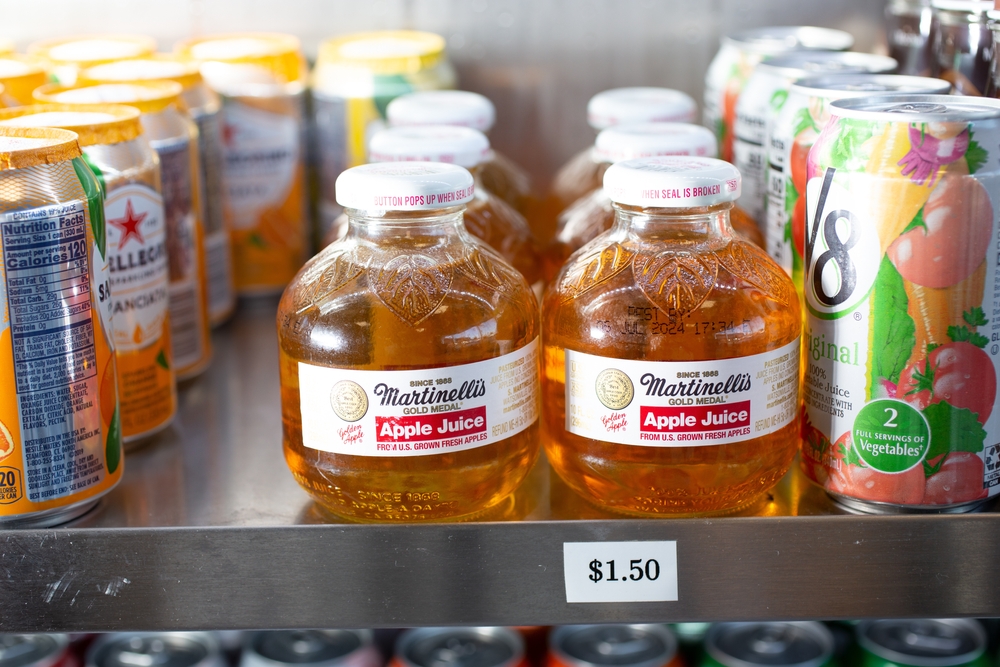
Although the two products pose different threats, they both have the potential to harm unsuspecting consumers.
In the case of the apple juice recall, patulin exposure may not trigger symptoms right away. However, repeated ingestion can lead to more serious issues, especially for vulnerable groups. Infants and small children are particularly at risk due to their lower body mass and developing immune systems.
Glass in bread, on the other hand, carries a more immediate and visible threat. Swallowing even a tiny shard can cause physical trauma, internal bleeding, and in extreme cases, require surgery. Ingestion of glass is a medical emergency.
These incidents remind consumers that food safety can be compromised by both biological and physical contaminants, and neither should be ignored.
What Should You Do Now?
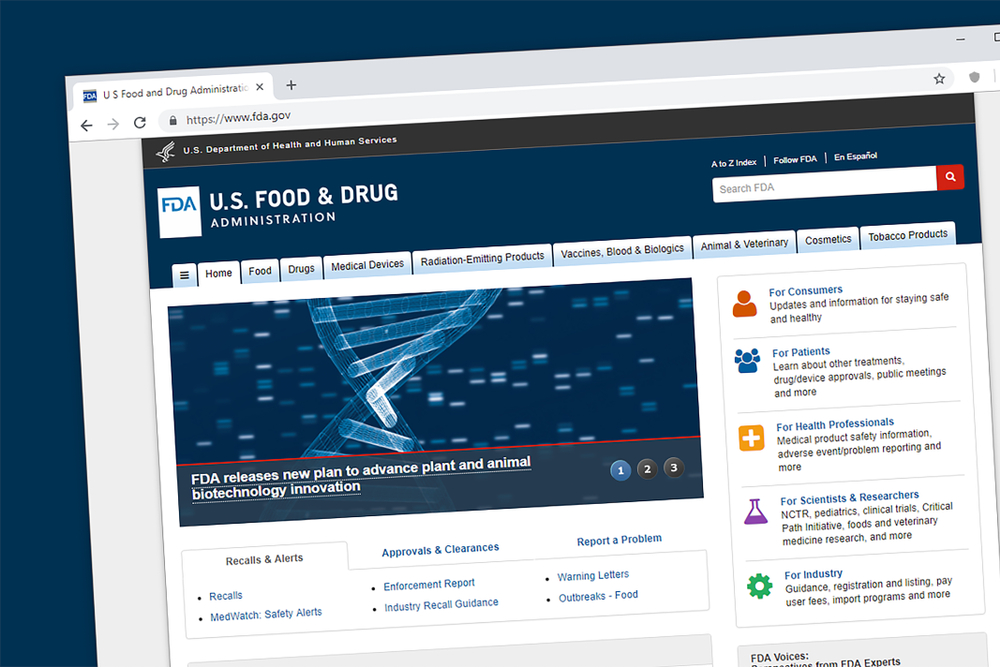
If you think you purchased either of these recalled items, take the following steps:
- Inspect your pantry and refrigerator for any 10-ounce glass bottles of Martinelli’s apple juice or bread products from Upper Crust Bakery.
- If found, do not consume them. Return the items to the point of purchase for a refund, or dispose of them safely.
- If you have already consumed the apple juice and bread on recall and are experiencing symptoms such as nausea, vomiting, or abdominal pain, or notice any mouth or throat discomfort, contact a medical professional immediately.
- Stay informed by checking recall updates on the FDA and CFIA websites. They provide ongoing information about affected products and updated safety advice.
Being proactive in response to a food recall helps prevent serious health outcomes and supports broader public health efforts.
Why Recalls Like These Keep Happening
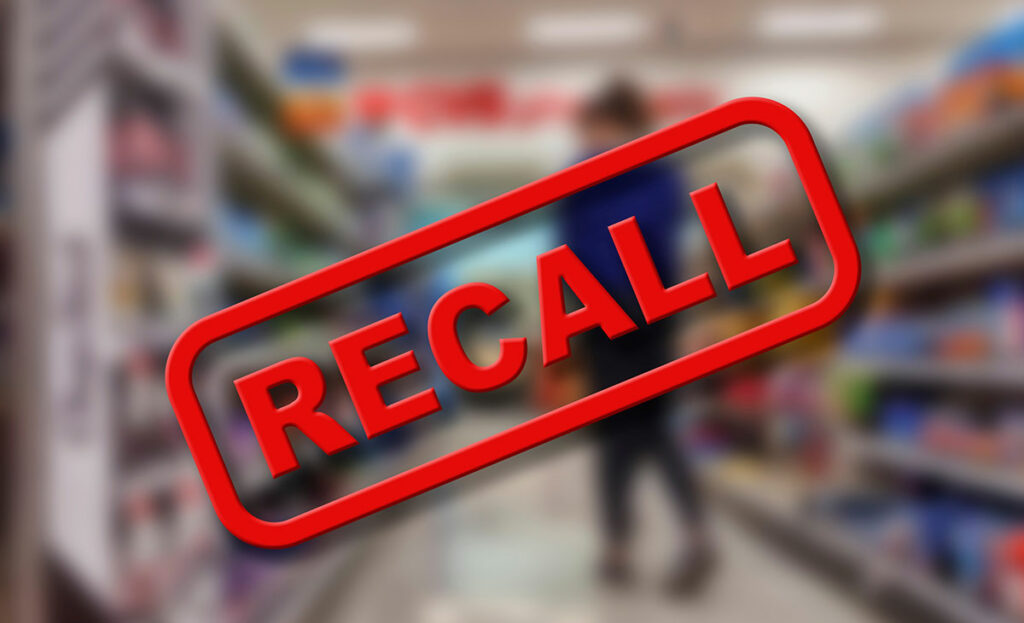
Food recalls are not uncommon, but the frequency of alerts involving serious contaminants has increased. Advances in food safety testing have helped authorities detect problems earlier, which is a positive trend. However, these events still highlight the complexity, and sometimes fragility, of the modern food supply chain.
Contaminants like patulin often develop during fruit storage and processing. If suppliers fail to inspect fruit thoroughly, toxins can make their way into finished products. Physical contaminants, such as glass, may enter food during bottling or slicing operations if machinery breaks down or is improperly cleaned.
The apple juice recall and the bread contamination case both demonstrate the importance of strong quality control, transparent reporting, and swift recall procedures.
A Wake-Up Call for Consumers

This recent wave of recalls serves as a stark warning for consumers. Even trusted brands can face serious safety lapses, and staying informed is your best defense.
Take the time to read product labels, watch for safety alerts, and follow recall guidance when issues arise. These simple actions can help protect your health and ensure that potentially dangerous products don’t remain in your home.
Food safety starts at the source, but its final line of defense is you. Stay alert, and take action when it counts.
Read More: Multi-State Tomato Recall Issued Over Potentially Deadly Contamination Risk
